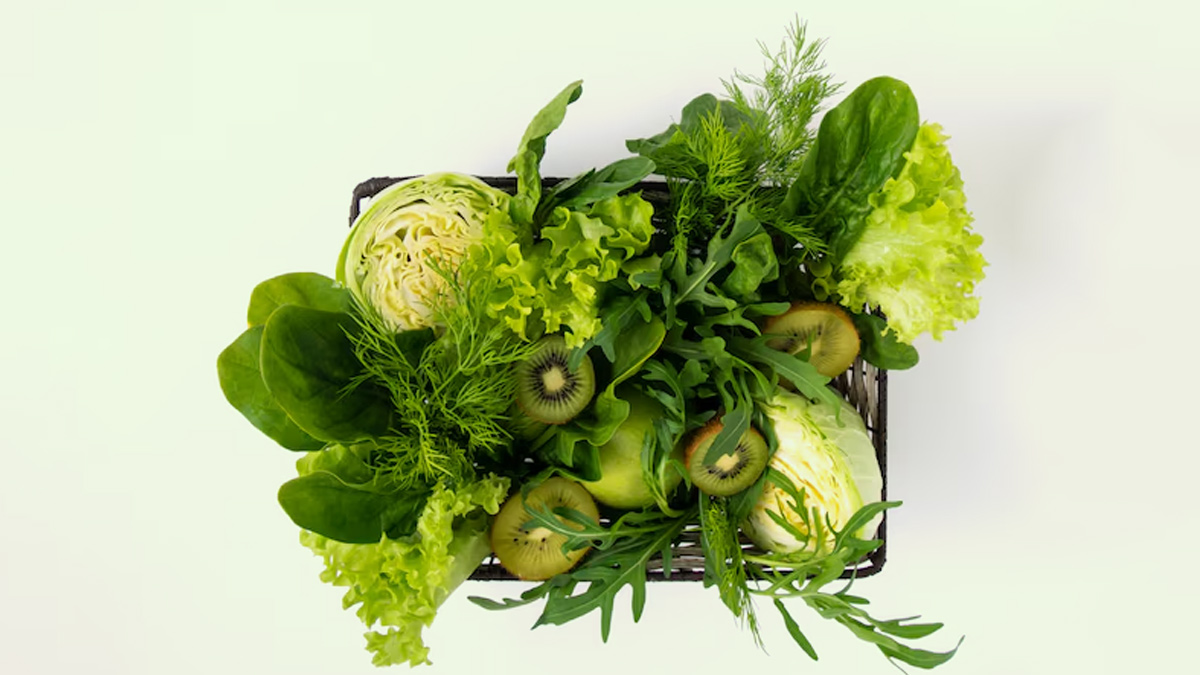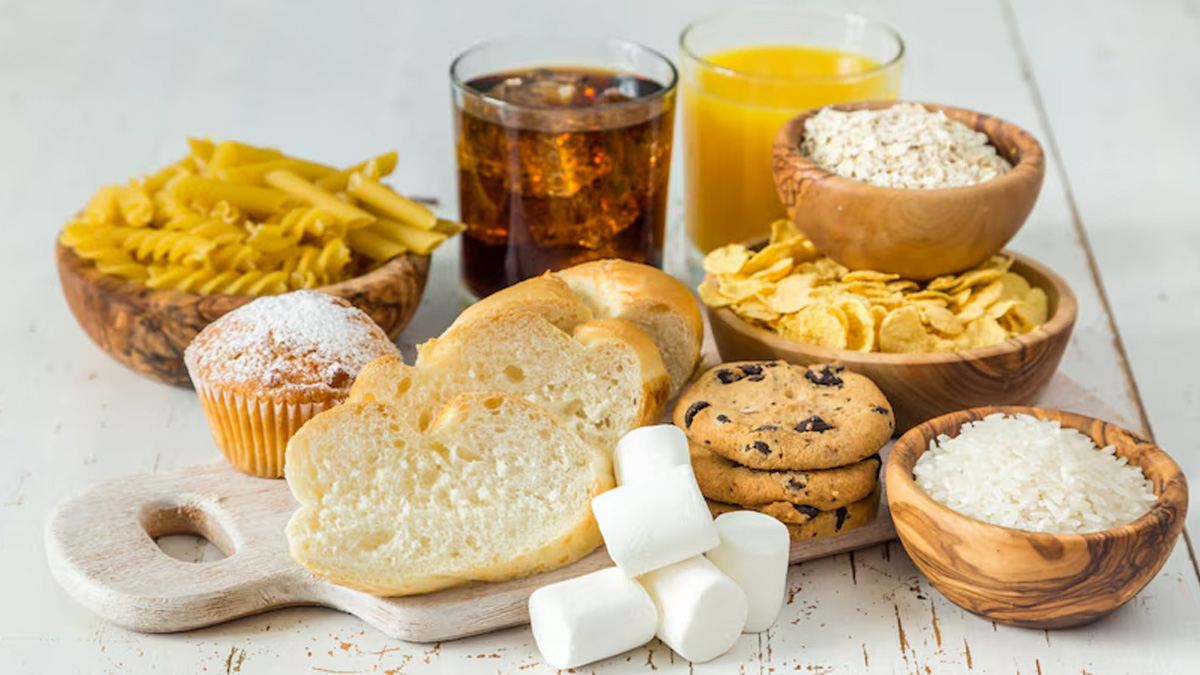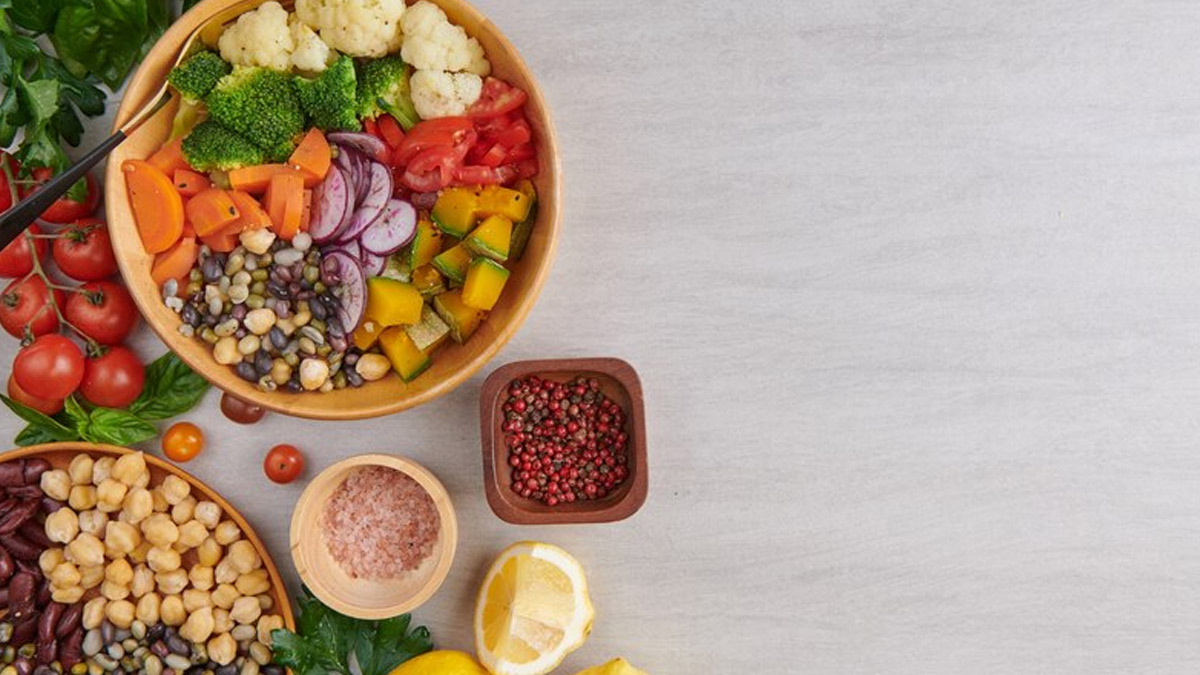
The festive season has been a whirlwind of celebrations, sweets, and sumptuous meals. But as the glitter fades, many of us are left feeling sluggish, bloated, and drained. Sounds familiar? If you've been struggling with post-festive fatigue and digestion woes, don’t worry, you’re not alone, and help is at hand. With a few small tweaks to your diet and daily routine, you can bid farewell to that heavy, tired feeling and embrace a lighter, healthier you. Ready to reset your body and reclaim your energy? Let’s dive into the tips.
Table of Content:-
In conversation with OnlyMyHealth team, Pooja Kedia, Nutritionist, Cloudnine Group of Hospitals, Bengaluru, share some tips to overcome bloating after festive season.
According to Pooja Kedia “After the festive season, many people experience fatigue and bloating due to indulgent meals, irregular eating patterns, and less focus on physical activity. A balanced approach to diet and lifestyle can help restore energy levels and ease discomfort.” Here are some effective diet tips shared by Kedia to beat post-festive fatigue and bloating:
1. Hydrate Properly
Festive foods are often high in salt and sugar, leading to dehydration and bloating.
Increase Water Intake: Drink at least 8-10 glasses of water daily to flush out toxins and reduce bloating.
Natural Electrolytes: “Coconut water or water with a pinch of sea salt and a squeeze of lemon can help restore lost electrolytes, especially after consuming alcohol or salty foods,” Kedia said.
Herbal Teas: Teas like ginger, peppermint, or fennel soothe the stomach and aid digestion, reducing bloating.
2. Include Detoxifying Foods

Certain foods help your body detoxify and restore balance.
Leafy Greens: Spinach, kale, and Swiss chard are loaded with antioxidants and chlorophyll, supporting liver function and cleansing the digestive system.
Citrus Fruits: Lemon, orange, and grapefruit enhance digestion and act as mild diuretics to reduce bloating.
Hydrating Foods: Cucumber and watermelon, rich in water content, flush out excess sodium and reduce water retention.
Also read: Can Plant Protein Help You Reduce Your Bloating Issues?
3. Eat Small, Balanced Meals
Returning to regular eating habits helps stabilise blood sugar levels and energy.
Nutrient-Dense Foods: “Combine complex carbs, lean proteins, and healthy fats for sustained energy,” Kedia advised.
Frequent Small Meals: Eating every 3-4 hours prevents overeating and keeps your metabolism steady.
Probiotics: Include yoghurt, kefir, or kimchi to restore healthy gut bacteria and improve digestion.
4. Limit Sugars and Processed Foods

According to Kedia, post-festive fatigue often results from sugar crashes.
Avoid Refined Sugars: Use natural sweeteners like honey or maple syrup in moderation.
Whole Grains: Opt for oats, quinoa, and brown rice for stable energy.
Healthy Snacks: Choose nuts, seeds, or fresh fruits over processed snacks.
5. Incorporate Anti-Inflammatory Foods
Combat inflammation caused by rich festive foods.
Turmeric and Ginger: Known for their anti-inflammatory properties, these can be added to teas or soups.
Omega-3s: Fatty fish, flaxseeds, and chia seeds reduce inflammation and boost energy.
Green Tea: Rich in antioxidants, it boosts metabolism and improves energy levels.
6. Focus on Fibre-Rich Foods

Fibre aids digestion and prevents bloating.
Start with Breakfast: Opt for oats, chia pudding, or whole-grain toast with avocado.
Vegetables and Fruits: Apples, carrots, and broccoli provide fibre and water for better digestion.
Legumes: Beans and lentils offer fibre and protein to keep you full and energised.
7. Practise Mindful Eating
Eating mindfully prevents overeating and aids digestion.
Chew Thoroughly: This reduces digestive strain and minimises bloating.
Avoid Drinking Water with Meals: Kedia emphasised on drinking water before or 30 minutes after meals to aid digestion.
Also read: Can Giving Up Bread Prevent Bloating? Expert Explains
8. Engage in Light Physical Activity

Gentle movement supports digestion and boosts energy.
Post-Meal Walks: A 10-15 minute walk aids digestion and reduces bloating.
Gentle Yoga: Poses like twists and child’s pose help relieve bloating.
Daily Movement: Light activities like cleaning or organising keep you active and reduce lethargy.
9. Get Enough Sleep
Sleep is crucial for recovery and restoring energy.
Sleep Routine: Maintain a consistent sleep schedule to regulate your body’s internal clock.
Avoid Heavy Dinners: Late-night meals can interfere with digestion and restful sleep.
Relaxing Routine: Unwind with activities like reading or meditation to ensure quality rest.
Conclusion
A balanced post-festive diet and lifestyle can help reduce fatigue and bloating, restoring energy and digestive health. By staying hydrated, eating nutrient-dense foods, practising mindful eating, and engaging in light physical activities, you can ease back into your routine feeling revitalised. Pooja Kedia advises, “A little focus on recovery and self-care can go a long way in feeling rejuvenated and ready to take on regular activities.”
Also watch this video
How we keep this article up to date:
We work with experts and keep a close eye on the latest in health and wellness. Whenever there is a new research or helpful information, we update our articles with accurate and useful advice.
Current Version